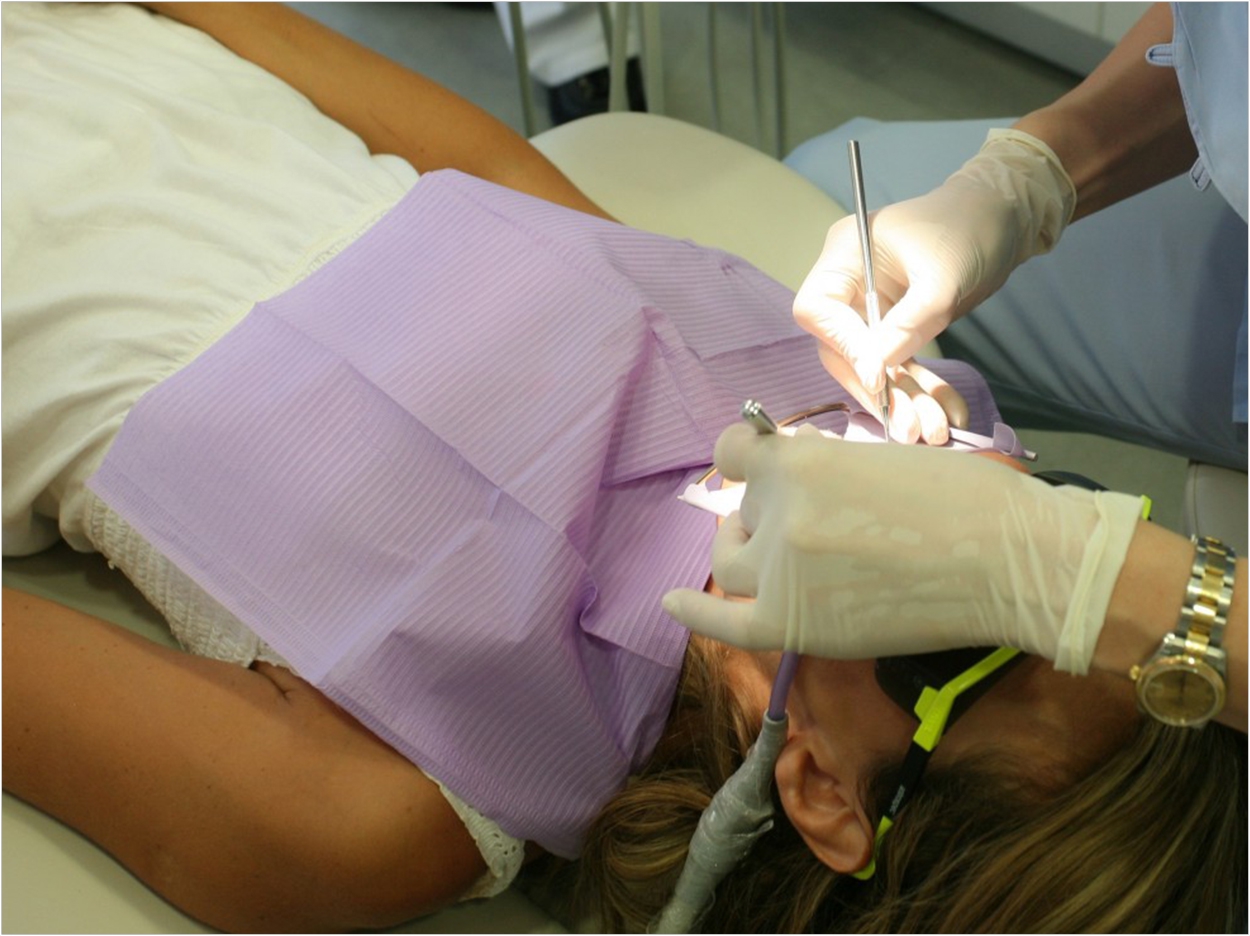
Oral health has been isolated from traditional healthcare and health policy for too long despite the major global public health burden of oral diseases, according to Marco Peres, PhD, MPH, professor and senior principal investigator at Duke-NUS Medical School.
“In Australia, dental caries affects 34% of five- and six-year-old children and 46.2% of nine- and 10-year-olds. In older children with permanent dentition, the prevalence is 9.2% among six- to eight-year-olds and nearly 40% in 12- to 14-year-olds,” Peres said.
Peres was among 13 academic experts from 10 countries who studied why oral diseases have persisted globally over the past three decades despite scientific advances in the field and why prevalence has increased among socially disadvantaged and vulnerable people.
The failure of the global health community to prioritize the global burden of oral health has led to international calls for the radical reform of dental care, tightened regulation of the sugar industry, and greater transparency around conflicts of interest in dental research, the researchers said.
Oral diseases including tooth decay, gum disease, and oral cancers affect almost half of the global population, the researchers continued, with untreated tooth decay the most common health condition worldwide and lip and oral cancers among the top 15 most common cancers in the world.
In addition to lower quality of life, oral diseases have a major economic impact on both individuals and the wider healthcare system, the researchers said. In Australia, recurrent expenditures on dental services cost $9.904 billion in 2015 and 2016.
“Australasia has the second highest per capita expenditure on dental care and productivity losses due to dental problems in the world,” Peres said.
“Dentistry is in a state of crisis,” said Richard Watt, BDS, MS, chair and honorary consultant in dental public health at University College London and lead author of the study.
“Current dental care and public health responses have been largely inadequate, inequitable, and costly, leaving billions of people without access to even basic oral healthcare,” said Watt.
“While this breakdown in the delivery of oral healthcare is not the fault of individual dental clinicians committed to caring for their patients, a fundamentally different approach is required to effectively tackle the global burden of oral diseases,” Watt said.
Peres noted the debate in Australia regarding the effectiveness and appropriateness of having a sugar tax.
“Many public health, academic, and consumer groups support a tax on sugar, but political support is limited, and there is a strong lobby against the implementation of a sugar tax led by sugary drinks companies,” said Peres.
“The use of clinical preventive interventions such as topical fluorides to control tooth decay is proven to be highly effective, yet because it is seen as a panacea, it can lead to many losing sight of the fact that sugar consumption remains the primary cause of disease development,” said Watt.
“We need tighter regulation and legislation to restrict marketing and influence of the sugar, tobacco, and alcohol industries, if we are to tackle the root causes of oral conditions,” said Watt.
The researchers have called for wholesale reform of the dental care model in five key areas:
- Close the divide between dental and general healthcare.
- Educate and train the future dental workforce with an emphasis on prevention.
- Tackle oral health inequalities through a focus on inclusivity and accessibility.
- Take a stronger policy approach to address the underlying causes of oral diseases.
- Redefine the oral health research agenda to address gaps in low and middle income countries’ knowledge.
The Australian government implemented the Child Dental Benefit Schedule (CDBS) in 2014 to provide financial support for basic dental care for nearly 3 million children between the ages of 2 and 17. The CDBS has a cap of $1,000 per child over two consecutive years.
“To the best of our knowledge, there is no study evaluating the cost-effectiveness of the CDBS,” said Peres. “The implementation of universal dental care coverage has been advocated to reduce socioeconomic inequalities in oral health and should be considered in Australia.”
The study, “Oral Diseases: A Global Public Health Challenge,” was published by The Lancet.
Related Articles
Michigan Medicaid Expansion Improves Oral and Systemic Health
Program Teaches Non-Dental Healthcare Providers About Oral Health
Dentists, Inflammation, and COVID-19 Risks












